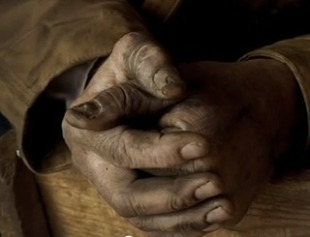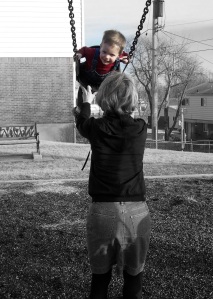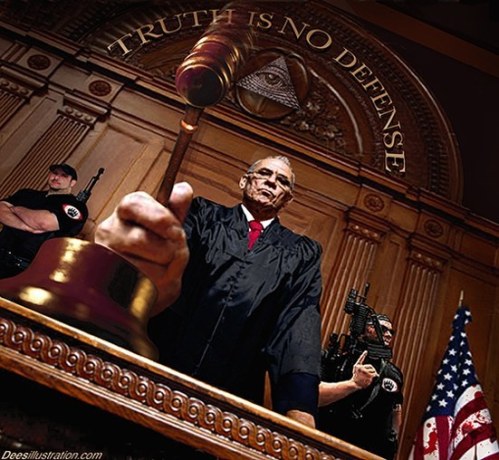When you have a God-consciousness you tend to see God in places unexpected.
We like resolution. We like it in music. We like it in a sneeze. (Don’t you hate it when you get built up for a big sneeze and then it dissipates. So frustrating!) We like it in a story. That is why it is so tough to abandon a book we have been reading, though bored to distraction. We want to know how it concludes. That’s why we hate soccer games that end in a tie. (You know you do.)
My wife and I have been watching some Hallmark Christmas movies. Yes, I am that good a husband. I notice that even in watching the cheesiest ones, I want to watch until the end. That, despite the fact that the plot seems the same in all of these: Girl meets boy; boy and girl share a mutual dislike of each other, but we, the audience sense a different kind of tension; issues are resolved, and by the end of the movie the two have fallen in love and committed themselves to each other forever.
On a side no te, we have also noticed several other elements that seem to be included in each of these stories. There is always a scene at a Christmas tree lot. A real Christmas tree is the only kind that will do for the people who populate these movies. There is always a mean capitalist involved who thinks only about the bottom line. Sometimes it is one of the two who are destined for love. Of course, it is the other who wakens a latent love for Christmas in the other and helps capture the true meaning of the season once again. And lately I have noticed the prominent product placement of Folgers Classic Roast coffee, found right next to the coffee pot just before a couple sits down for a heart-to-heart and a cup of joe.
te, we have also noticed several other elements that seem to be included in each of these stories. There is always a scene at a Christmas tree lot. A real Christmas tree is the only kind that will do for the people who populate these movies. There is always a mean capitalist involved who thinks only about the bottom line. Sometimes it is one of the two who are destined for love. Of course, it is the other who wakens a latent love for Christmas in the other and helps capture the true meaning of the season once again. And lately I have noticed the prominent product placement of Folgers Classic Roast coffee, found right next to the coffee pot just before a couple sits down for a heart-to-heart and a cup of joe.
They are cheesy stories, so why do we like them? Why do I care that my wife has fallen asleep halfway through the movie and I must wait until later to see the all-too-predictable conclusion?
This is where I find the evidence for God. (You may have thought that the evidence was in the fact I actually watch these chick flicks with my wife at all.) We like resolution. We need resolution. We want a happy conclusion at the end of a struggle.
This is an old story. I see it as a story that is implanted deep into the DNA of each of us. It is the story of God. It is the story, more specifically, of God courting us.
We were made for God. He was our first love. He made us. He loved us. We went after other loves.
When the story is properly resolved, we end up with the one we should have been with from the very beginning. “Our souls are restless until they find their rest in thee,” confessed Augustine. To echo C. S. Lewis, the fact that we long for, indeed expect, a satisfying conclusion to the Big Story is evidence that it is there for a reason. There is a grand scheme. There is a plan. There is a happy conclusion.
The story of God and us is the prototype of all love stories. God cast His love on us. He pursued us. He won us.
Christmas is a big part of that redemption story. God, in his pursuit of us, became man. Of course, the story is not complete without His death and resurrection. He came to give himself for us. In so doing He has left us a perfect picture of the kind of love a husband is to have for his wife (Eph. 5:25-30).
This redemption story is not complete until we come to Him in faith. Then the union is complete. The story resolved.
But there is another part of the story of God yet unwritten. That is the chapter we are living now. In Longfellow’s great poem, turned Christmas Carol, “I Heard the Bells on Christmas Day,” he laments that there is no peace on earth, though we sing of such things. He wrote this in the midst of the American Civil War. Today we see war and conflict all about us. Where is this resolution to the conflict? When will this story of God be resolved? Stay tuned. “God is not dead, nor does he sleep.”
The redemption story gives us hope, yeah, confidence that the story–The Big Story–will be resolved as it should be. All things will be restored to their perfect state. God will have won. The Story resolved.





 How do people learn? How do we know? How do we know how we learn? How do we learn what we should know? Alright, enough of that. But I do want to pursue the question of how people really learn, and what it means to learn.
How do people learn? How do we know? How do we know how we learn? How do we learn what we should know? Alright, enough of that. But I do want to pursue the question of how people really learn, and what it means to learn. You hear it often. From coaches. From parents. From preachers. I have said it.
You hear it often. From coaches. From parents. From preachers. I have said it. 


